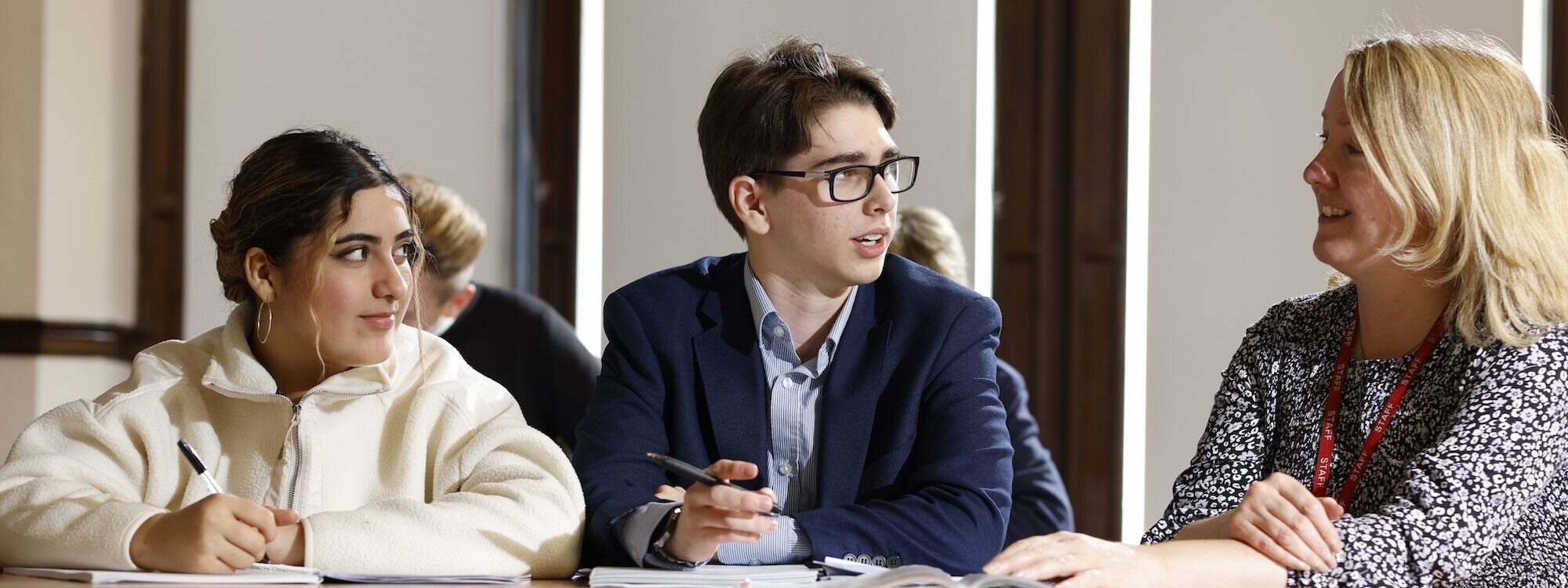
- Home
- Curriculum
- Subject Information
- Geography
Geography
We believe Geography encourages students to be world curious and successful global citizens.
In our 7-year curriculum, students deepen their knowledge and understanding of physical and human features and processes, how these interact and how they change over time. As a result of the curriculum students will become aware of increasingly complex systems and their local and global significance. Students will develop not only their geographical skills, but also through pertinent questions be able to articulate and make well-informed decisions.
We aim to prepare students for their role in the wider world and be the bridge between the sciences and arts. Through the thread of sustainable development at the heart of our curriculum, this enables students to consider global issues through the lens of the present and those of the future. Through fieldwork opportunities it “connects children to their local environment, creates memories and helps develop identity” (RGS) and “provides a 'real-world' opportunity for students to develop and extend their geographical thinking” (Geographical Association), which is allowed to flourish when completing their NEA in Year 13, alongside this building on personal skills of leadership, creativity and communication.
“We need young people to become knowledgeable about, and positively engaged with, how human and physical world’s interact – work that starts in the geography classroom” Steve Brace, The Guardian – November 2024.
Key Stage 3 students will study:
|
|
Term 1 |
Term 2 |
Term 3 |
|
Year 7 |
|
|
|
|
Year 8 |
|
|
|
|
Year 9 |
|
|
|
In Key Stage 4 students will study AQA GCSE Geography:
|
|
Term 1 |
Term 2 |
Term 3 |
|
Year 10 |
Paper 2B Changing Economic World |
Paper 1A Natural Hazards Paper 1C Rivers
|
Paper 3 Physical Fieldwork – Carding Mill Valley Paper 2A Urban Issues and Challenges |
|
Year 11 |
Paper 1C Coastal Landscapes Paper 3 Human Fieldwork - Birmingham Paper 1B Living World |
Paper 2C Resource Management - Water Paper 3 Issue Evaluation |
|
In Key Stage 5 students will study A Level Geography AQA for Year 12 and OCR for Year 13:
|
|
Term 1 |
Term 2 |
Term 3 |
|
Year 12 |
|
|
|
|
Year 13 |
|
|
|
If you wish to receive further information regarding our Geography curriculum, please send an email to admin@coundoncourt.org and mark it FAO Ms H Pipe, Lead Practitioner for Humanities.
